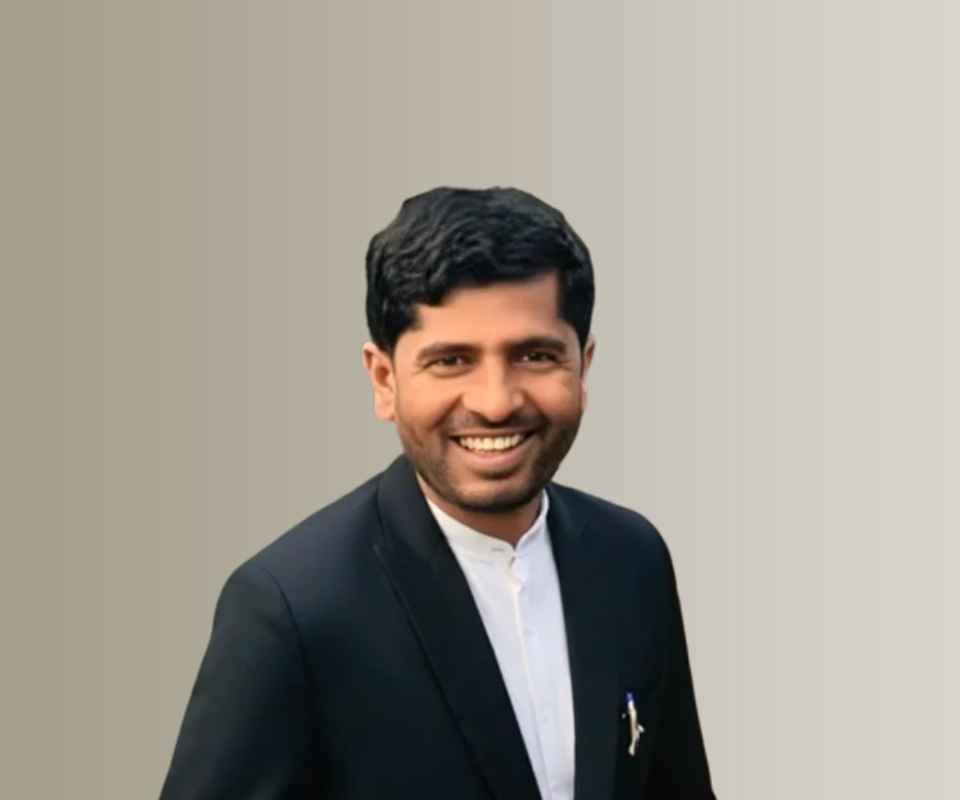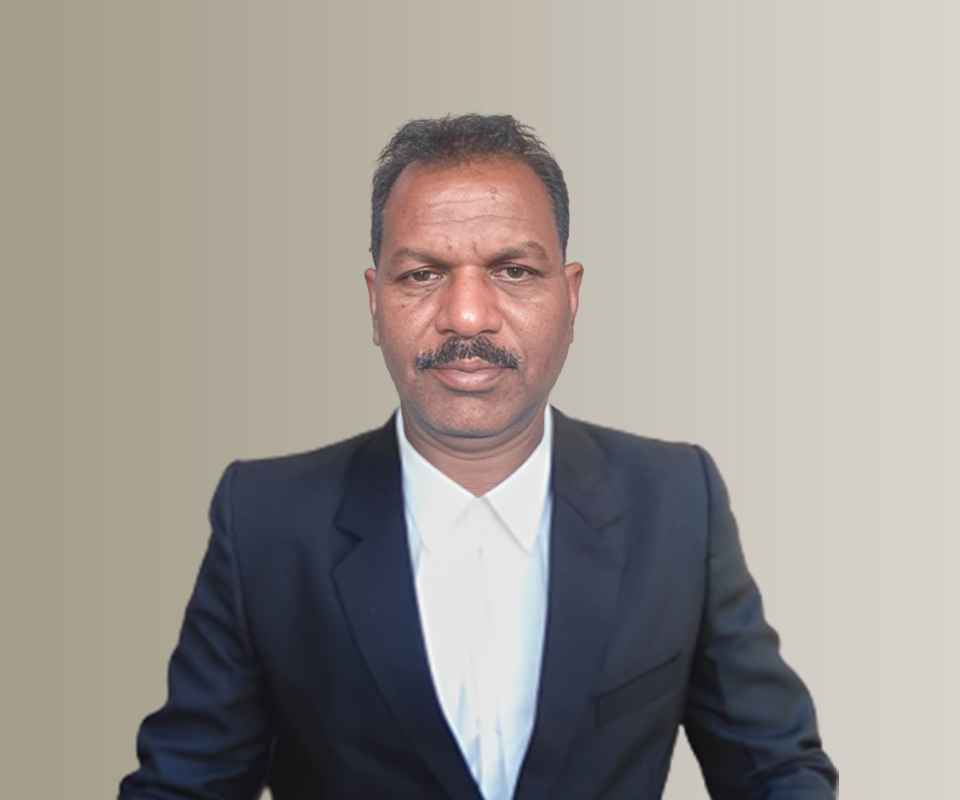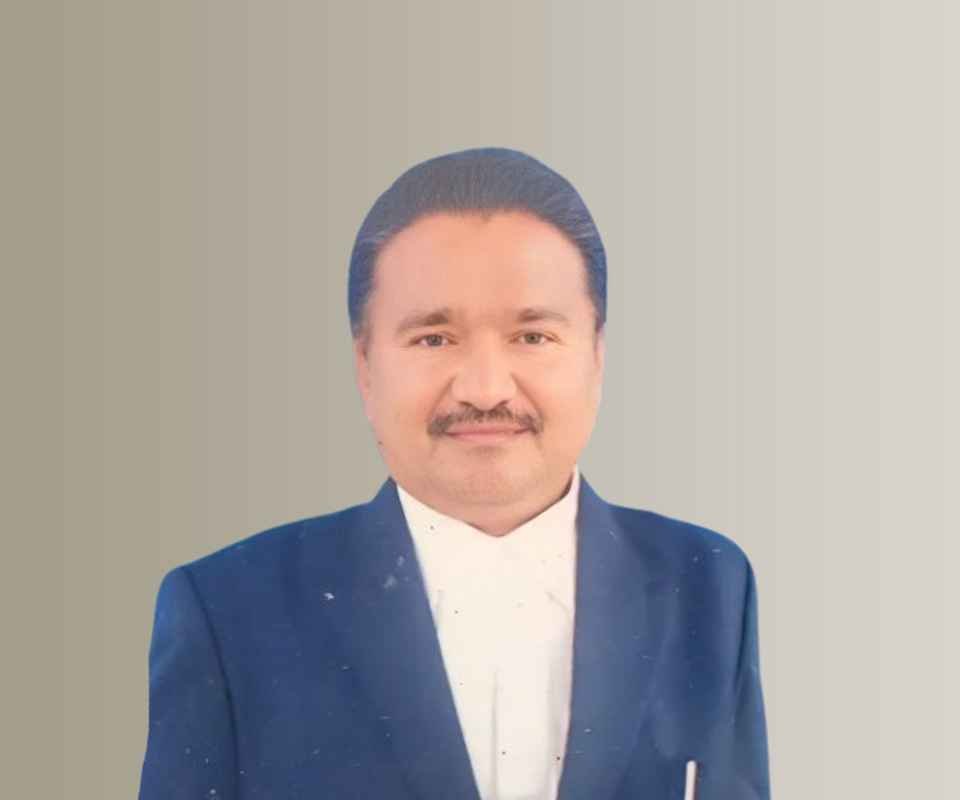Answer By law4u team
Constitution of India Article 154: Executive Power of State
(1) The executive power of the State shall be vested in the Governor and shall be exercised by him either directly or through officers subordinate to him in accordance with this Constitution.
(2) Nothing in this article shall—
- (a) be deemed to transfer to the Governor any functions conferred by any existing law on any other authority; or
- (b) prevent Parliament or the Legislature of the State from conferring by law functions on any authority subordinate to the Governor.
Brief Note
Article 154 vests the executive power of a state in the Governor, who acts as the constitutional head. The Governor can exercise these powers either personally or through subordinate officers, ensuring governance as per constitutional provisions.
Key Points
- The Governor is the repository of executive power for the state.
- Existing laws and legislative provisions can assign specific functions to authorities other than the Governor.
- The Governor can delegate functions to subordinate officers as per constitutional guidelines.
Example
In a state, the Governor exercises executive powers such as signing bills into laws, appointing the Chief Minister, and overseeing administrative matters. However, operational responsibilities, like revenue collection, may be delegated to subordinate officers like District Collectors.
Question Answer
What is the significance of Article 154?
It establishes the Governor as the executive head of a state and defines the scope and delegation of executive powers.
Can the Governor delegate all executive functions?
While the Governor can delegate certain functions to subordinate officers, the responsibility for constitutional compliance ultimately rests with the Governor.
Summary
Article 154 ensures a clear framework for the exercise of executive power in a state. While the Governor holds the executive authority, this power can be exercised directly or through delegation, subject to constitutional and legislative provisions.







